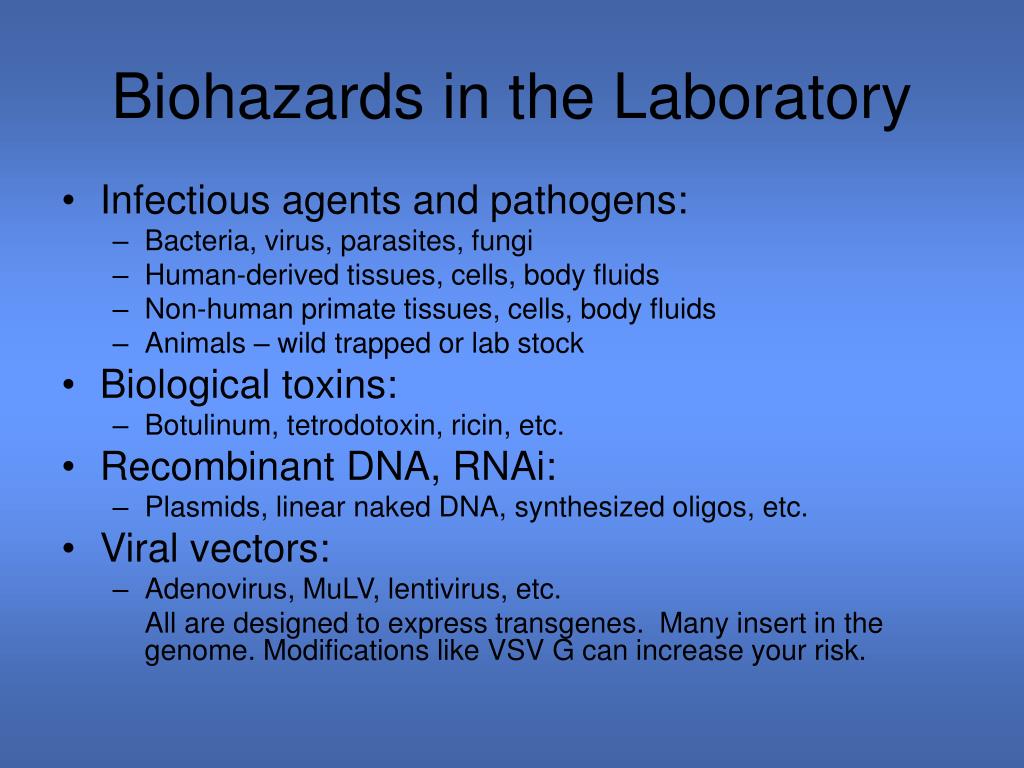Protecting the well-being of your furry companions, routine health checkups makes a big difference. Pet diagnostic labs help identify potential issues for companion animals.
In this article, we’ll learn about the importance of pet laboratory services and explain their importance.
What Are Veterinary Laboratories?
Veterinary testing centers examine biological specimens to support animal care. They employ expert technicians to deliver reliable diagnostics.

Important aspects of veterinary labs include:
- Spotting health issues early: Improves recovery chances.
- Monitoring ongoing conditions: Helps vets adjust treatments.
- Adjusting medications as needed: Optimizes pet care.
Common Veterinary Tests for Dogs and Cats
Animal diagnostic facilities perform an array of procedures to ensure pets are thriving. Essential health checks include:
- Blood panels: Check for infections.
- Urinary tract exams: Monitor hydration levels.
- Digestive system diagnostics: Identify worms or parasites.
- Skin and allergy testing: Improve coat health.
- Advanced imaging scans: Examine bones and joints.
Why Routine Exams Are Important for Pets
Routine lab work is a critical part of pet ownership. By identifying potential problems early, vets can create effective treatment plans.

Other advantages include:
- Longer, healthier lives: Keeping them thriving helps pets remain active and happy.
- Avoiding expensive emergencies: Treating conditions before they worsen saves on emergency care.
- Peace of mind for pet owners: You’ll know they’re cared for.
laboratorio necropsia veterinaria
diagnostic laboratório veterinário
Conclusion: The Value of Veterinary Labs for Pet Health
Veterinary laboratories provide vital support to vets in giving them the best care possible. With ongoing lab evaluations, you’re giving your pets the best chance at a happy, healthy life.
Schedule a diagnostic test today to give them the care they deserve!